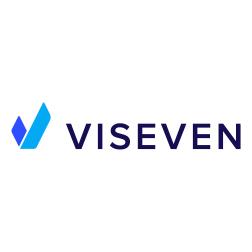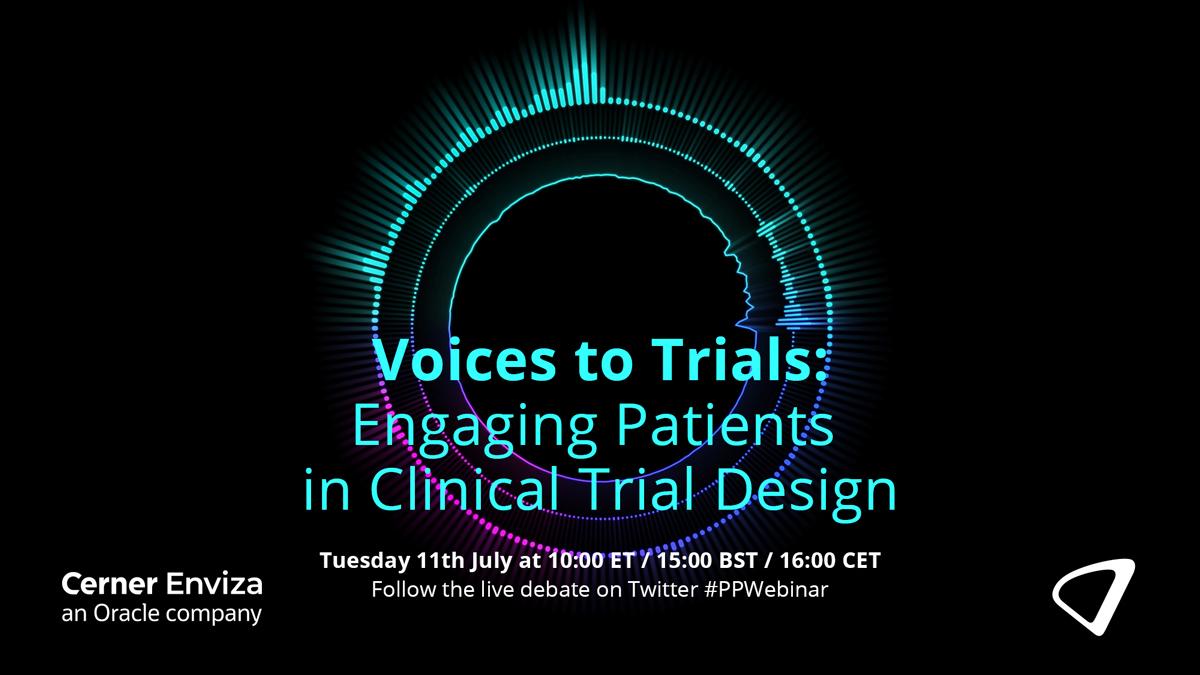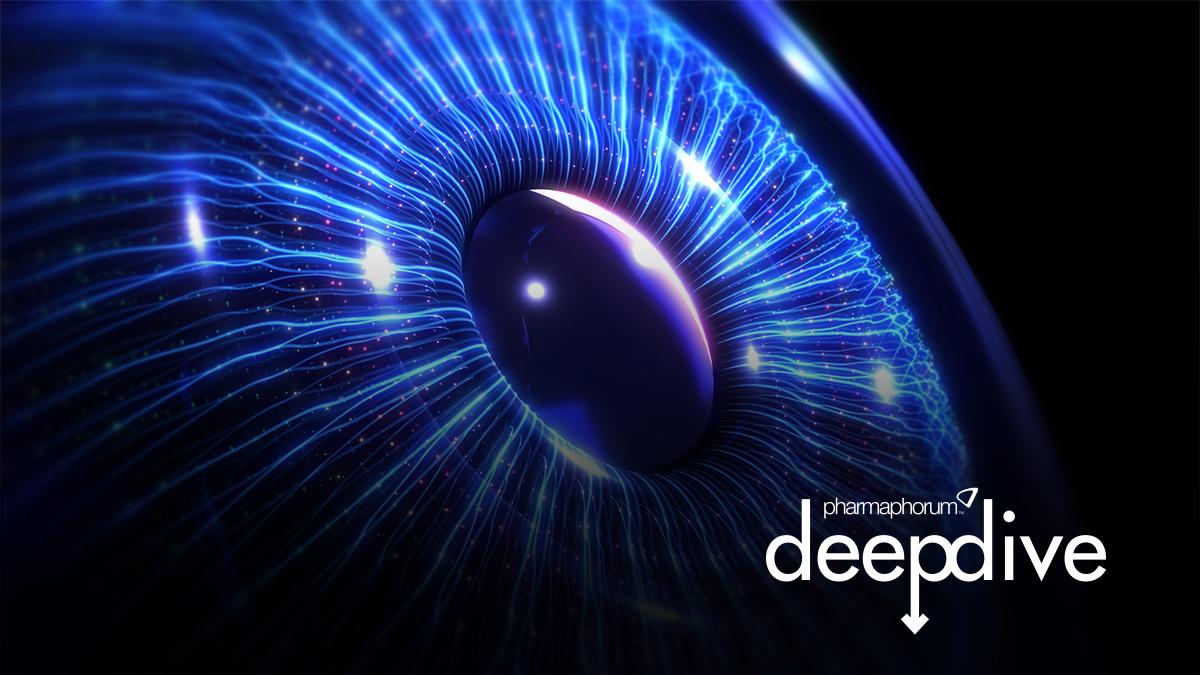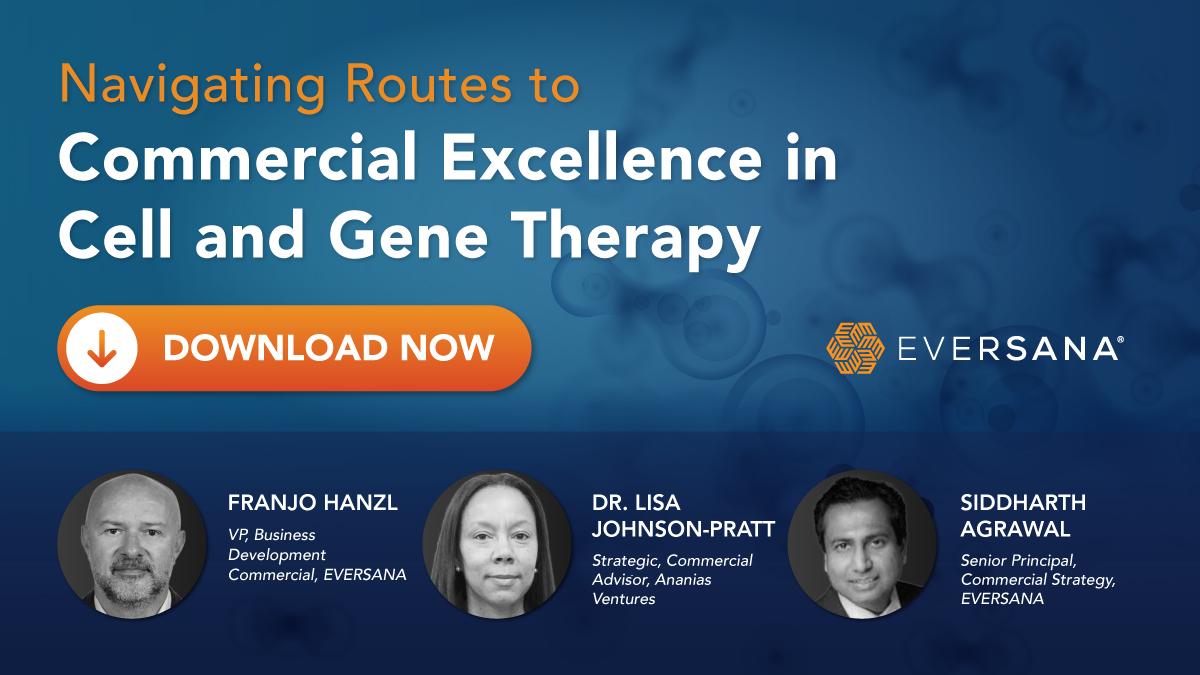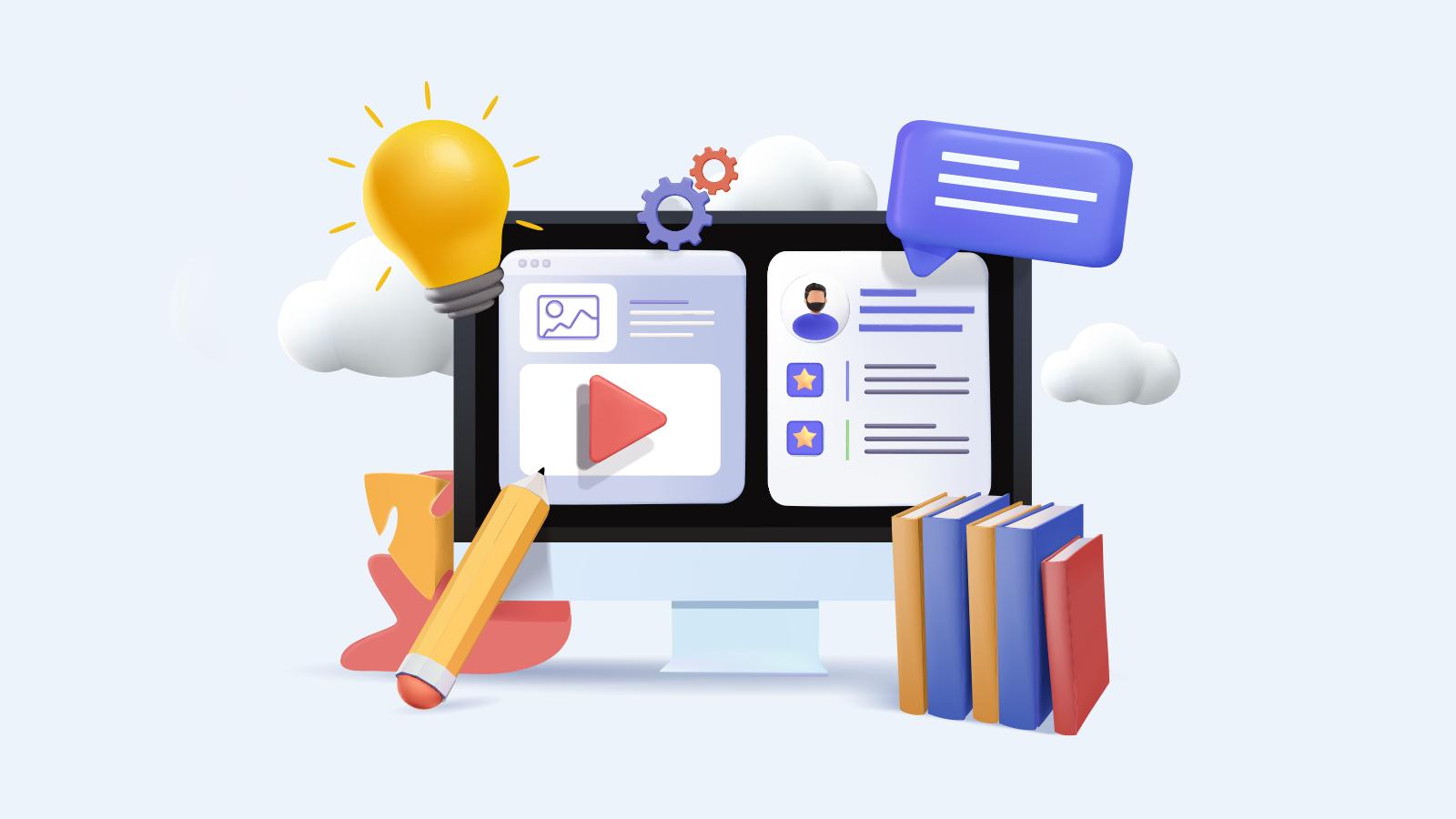Mastering Engagement: How Do AI and ML Drive Pharma's Omnichannel Marketing?
8c10.jpg)
Many articles on artificial intelligence (AI) promise amazing results, tons of money, and thousands of new clients, all thanks to the magical tool. Because of the staggering amount of speculation about every new emerging technology, many great inventions turn into mere buzzwords.
However, if you give artificial intelligence just a little bit of time and attention, you’ll see how it can reshape many aspects of any industry, including omnichannel marketing in pharma. We elaborate on this below, along with the challenges and real applications the use of AI entails.
What are AI and ML in Pharma’s omnichannel marketing?
Before we start our AI/ML discussions, it’s a good idea to remind ourselves of a few terms and why they matter.
Nowadays, one of the most popular approaches to communication with customers is multichannel marketing, which refers to the practice of using various media channels for marketing purposes. In contrast, there is omnichannel marketing, which is a more flexible way to interact with customers. It helps to create unified customer journeys, distributing personalised marketing content to clients over their preferred channels.
Many pharma companies are now switching to omnichannel due to its advantages over multichannel communication, and AI can greatly enhance the efficiency of omnichannel marketing, making it even stronger and better both for companies and Healthcare Professionals (HCPs).
To fully grasp the benefits of AI in omnichannel marketing, it’s important to understand how others are already using the technology. Let’s overview some examples of AI applications:
- Salesforce Einstein. Einstein is Salesforce’s AI for CRM, the capabilities of which range from personalising e-mails to building custom predictions and recommendations. Many products of Salesforce already have Einstein integrated into them.
- Amazon Web Services (AWS). “The world’s most comprehensive and broadly adopted cloud” offers more than two hundred services. Viseven eWizard, in particular, integrates AWS to deliver cutting-edge content auto-tagging tools, and more, to clients.
- Aprimo AI. Another tech partner of Viseven, Aprimo leverages AI to maximise the capabilities of their clients to manage, monetise, and analyse digital assets. eWizard integrates Aprimo’s Digital Asset Management/Marketing Resource Management solutions, too.
AI in Pharma’s omnichannel marketing generally works as an amplifier by making it more personalised, strategic, and efficient. Sooner or later, most companies will start using AI, and it’s best to adopt it as early as possible.
What are the challenges of AI and ML in Pharma’s Omnichannel Marketing?
We’re only just witnessing the dawn of AI technology, which means that many issues and challenges will arise. By preparing ourselves for those, we can become one of the first in the industry to leverage AI and unlock its full potential. Here are some of the most common complications of using AI in Pharma’s omnichannel marketing:
- Incorrect information. Sometimes, AI “spits out” information that does not correspond to real world data. This itself is a very dangerous thing, especially if there is no verification stage in place. The reputational damage due to distribution of unverified AI-generated data could be irreparable.
- Poor data quality. Bad data quality equals bad outcomes. To always achieve maximum efficiency and obtain authentic results that will actually be helpful, it’s important to make sure the data used is plentiful, properly stored and tagged, and has appropriate formats.
- Resistance to change. It is a common challenge that many companies face on the path to digital maturity. When organisations adopt new tech, some stakeholders and employees might be reluctant to embrace the changes. This problem often stems from the fear of the unknown, lack of understanding, and other factors. Resistance to change is the reason why Viseven offers Change Management services as a part of the digital transformation journey roadmap.
- The need for vast amounts of data. The more data is available during the learning process, the better the AI can learn. Without access to a tonne of data, it will be nearly impossible to train the AI to provide you with the desirable results, such as the ability to make predictions, generate content, solve real-world problems, or carry out other tasks.
- Privacy concerns. Since AI is still a relatively new technology and it has just begun permeating the world of marketing, it is hard to determine how to protect customers’ data when using it. GDPR and other rules regarding data usage can be applied in this case as well, but there are many changes to the laws and regulations that are yet to be implemented.
- Digital fatigue. The overuse of AI can often lead to too many unnecessary interactions with the user, making them annoyed and irritated, as well as less compelled to keep engaging with the content. Instead of using AI-powered solutions to produce as many materials as possible, it’s best to utilise AI to create content of the highest quality that is researched well, contains relevant information, and offers some value to the customer.
It goes without saying that whenever a new technology emerges, there are certain obstacles everyone will have to overcome to unleash the potential of the latest tech and make the most out of it. Will it take time and effort? Yes. Is it worth it? For sure! And remember that AI is not a one-size-fits-all solution, and you should not rely on it to do all the job instead of you. Balance is what truly matters.
How to use AI and ML to Drive Pharma’s Omnichannel Marketing and Improve Engagement?
With ChatGPT we are just scratching the surface, and most of us haven’t even experienced the true power of AI’s capabilities. This technology keeps evolving, and it’s likely that in the future it will bring forth more astounding results. However, you can use AI’s potential right now to supercharge Pharma’s omnichannel marketing, and here is what you can do to achieve that:
- Predict the success or failure of engagement methods. AI can analyse patients' data and predict their behaviour in the future. This can help marketers determine how the audience will respond to upcoming campaigns and whether the feedback will be positive or not. By understanding the next actions clients will take, companies will be able to create marketing campaigns tailored to their unique needs.
- Analyse any marketing activity or strategy. Artificial intelligence is capable of analysing marketing activities to see how they affect the audience and what attracts potential clients the most. By utilising the capability of AI to conduct a thorough analysis, marketers can create the most efficient strategies for subsequent customer journeys and gain deep insights into how customers behave.
- Generate content. AI can produce content in a matter of seconds and, even though not all of it is of high quality, it can speed up the process of content creation. By trusting AI’s capability to generate a marketing copy, your team can improve the whole process of creating marketing campaigns.
- Incorporate contextual personalisation. AI enables marketers to align real-time data with their brand message and adapt it to individual customers, making it possible to deliver highly personalised experiences that resonate with each client's unique needs and behaviour in mind. Artificial intelligence allows companies to understand the audience on a granular level and capture specific interests and behaviours that were not available before.
- Create a powerful product discovery experience. One of the best ways to boost engagement and improve communication with your audience is a proper product discovery experience, which can also be enhanced by AI-driven solutions and algorithms. By analysing data in real-time and automatically creating personalised recommendations, AI can take Pharma's omnichannel marketing to the next level.
- Foster automation. Many manual tasks, such as content tagging, translation, proofreading, data collection, and others, will go in the past, mostly thanks to AI technology. By delegating such activities to artificial intelligence, companies and HCPs can boost productivity, cut costs, and create stronger connections with customers.
Artificial intelligence has taken the world of marketing by storm, so you can either prepare for it and use it to drive engagement and create successful campaigns or ignore it and be left behind by the industry. What’s your choice going to be?
Technology makes an impact - and if it didn’t, why would we need it in the first place? Content production and omnichannel marketing at scale are the perfect areas for AI application, so why not make use of them if your company is mature enough? After all, it is only up to us to decide whether we’ll plant the seeds of innovation today or leave it to others to explore the benefits of AI and its real power.
Follow Viseven on social media: LinkedIn, Twitter, YouTube, Facebook

